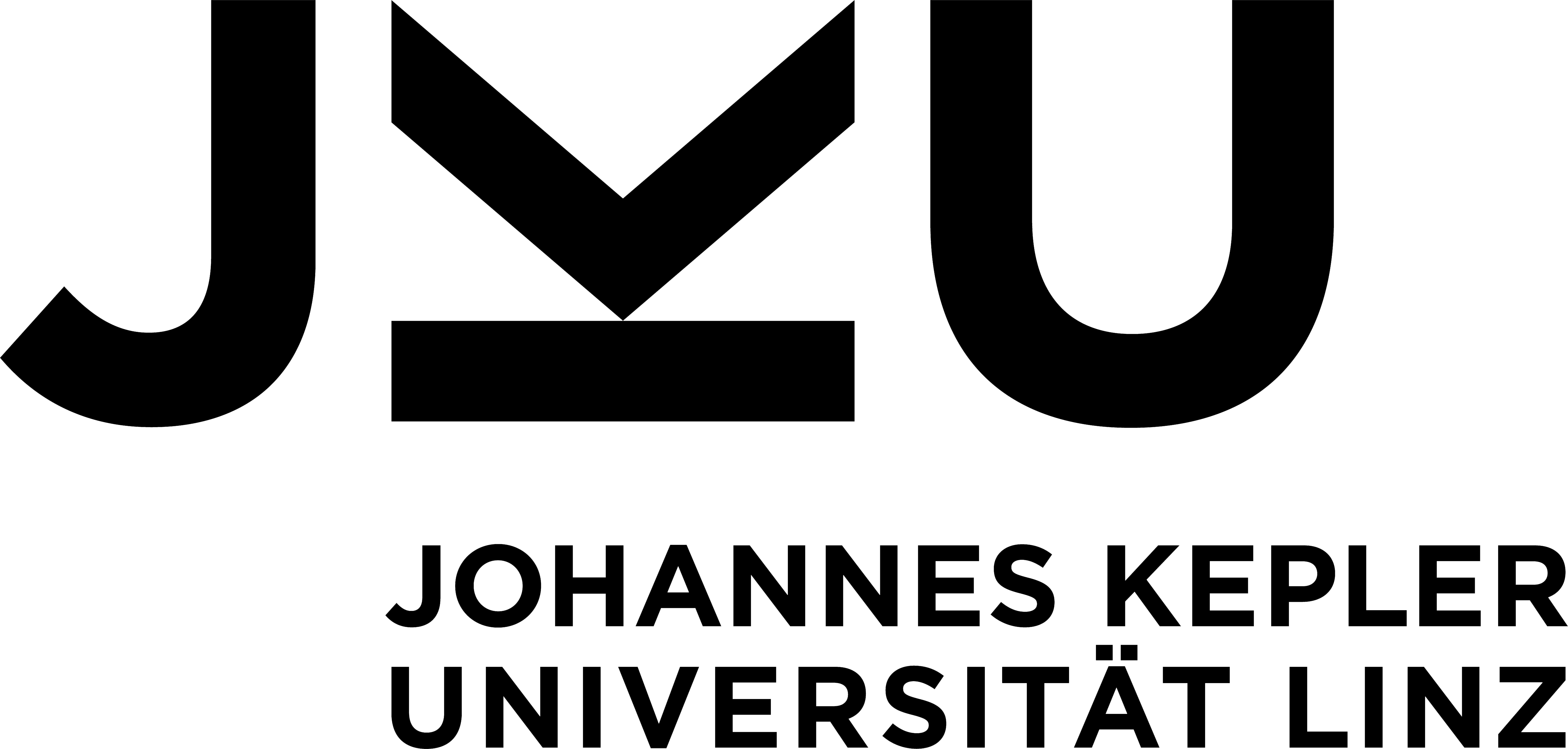Computer Science Colloquium
Andreas Bender
University of Cambridge, UK
Using Bioactivity Databases and Computer Algorithms for Target Deconvolution and Compound Design
Fri 25.04.2014, 16:00, 60 minutesS3 055
Abstract
More and more chemical and biological information is becoming available, both in public databases as well as in company repositories. However, how to make use of this information in chemical biology and drug discovery settings is much less clear. In this work, we will discuss how chemical and biological information from different domains - such as compound bioactivity data, pathway annotations from the bioinformatics domain, and gene expression data - can be used for a variety of purposes, such as the mode-of-action analysis from phenotypic readouts, anticipating compound toxicities in early discovery, and for designing and selecting compound with the desired bioactivities. We will show that cheminformatics algorithms trained on large chemogenomics databases can be employed to support target deconvolution in high-content screening as well as organism-based screens using e.g. Xenopus laevis as well as phenotypic data obtained from rat models. When anticipating compound adverse compound properties early on, we will show than gene expression data can be used for this purpose; however, how to generate and analyze data is very much case-dependent. Relating to compound design and selection, we can employ both bioactivity-driven approaches as well as gene expression based resources, and examples of both will be presented. Hence, overall, while the chemical and biological data available currently is very diverse, we are able to show that it can already be used successfully for understanding the mode of action of compounds, anticipating their toxicities early on in discovery, and designing and selecting novel chemical matter to modulate biology.Bio
Dr Andreas Bender is a Lecturer for Molecular Informatics with the Unilever Centre for Molecular Science Informatics at the Department of Chemistry of the University of Cambridge, leading a group of about 20 postdocs, PhD and graduate students andacademic visitors. In his work, Andreas is involved with the integration and analysis of chemical and biological data, aimed at understanding phenotypic compound action (such as cellular readouts, and also organism-level effects) on a mechanistic level, ranging from compound efficacy to toxicity. He received his PhD from the University of Cambridge as a Cambridge Gates Scholar in 2005 and worked in the Lead Discovery Informatics group at Novartis in Cambridge/MA as well as at Leiden University in the Netherlands before his current post.Invited by Univ. Prof. Dr. Sepp Hochreiter
The Computer Science Colloquium is organized by the Department of Coputer Science at JKU, the Österreichische Gesellschaft für Informatik (ÖGI) and the Österreichische Computergesellschaft (OCG).
